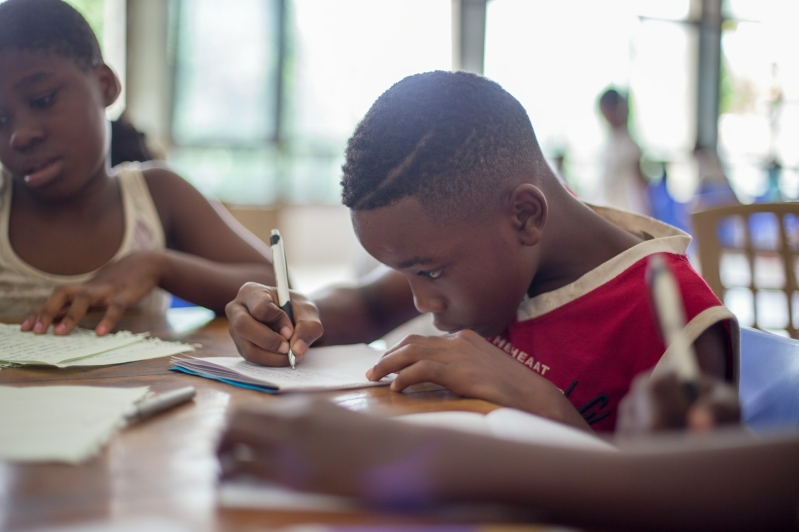
The number of parents who are homeschooling their children continues to increase even after the end of COVID-19 pandemic lockdowns, according to a recently released report.
The Johns Hopkins Institute for Education Policy’s Homeschool Research Lab recently published an analysis of the homeschooling rate for 21 states for the 2023-2024 academic year.
According to the report, 30 states keep track of homeschooling numbers. Of that number, the analysis examined the statistics that were available for 21 states.
The report found that 19 states saw an increase in the number of children being homeschooled, with increases including small ones like a 2% rise in Georgia, to large growth as seen with the 29% increase in Delaware.
Only two of the 21 states analyzed, Vermont and New Hampshire, reported a decrease in the number of students being homeschooled. Although, according to the report, New Hampshire’s decline might not actually reflect a drop in homeschoolers.
“However, insider reports indicate that the decline in New Hampshire is likely related to the state’s Education Freedom Account (EFA) and how homeschool students who receive public funding are no longer counted as part of the state’s total homeschooling number,” noted the report.
“So, this decline may not truly reflect a decrease in actual homeschool participation, but may be just a change in how students are counted in this state. Indeed, the EFA program was launched in 2021 and reported homeschool participation in the state has been declining since then.”
As to the reason for this post-pandemic rise in homeschooling, the report described the cause for it as “unknown,” while asserting that it was “not driven by a global pandemic or sudden disruptions to traditional schooling.”
Angela Watson, director of the research lab who authored the report, told The Hill last week that “people really thought that when schooling went back to normal, as the pandemic kind of waned, that everybody would go back to their normal way of educating.”
“And so, every year, we keep thinking that the numbers are going to drop and the numbers are going to drop, and we keep not seeing that happening to the degree that we thought that it would in education circles,” Watson added.
One caveat of the research was that states are known to lump homeschoolers into the overall category of private school students or sometimes group them with those involved in “microschooling.”
“In some states, microschool students are legally classified as homeschool students, even if what they’re doing isn’t happening at home,” Watson said. “It looks much more like a private school in a lot of circumstances, but they’re legally classified, and they legally are counted under that homeschooling umbrella.”
In recent years, many parents have decided to homeschool their children due to factors like the pandemic lockdowns or concerns over public school curriculum content.
Last year, the Urban Institute released a study indicating that, during the 2021-2022 academic year, public school enrollment declined by about 1.2 million students, with about 26% of that number shifting to homeschooling.
Originally published by The Christian Post





